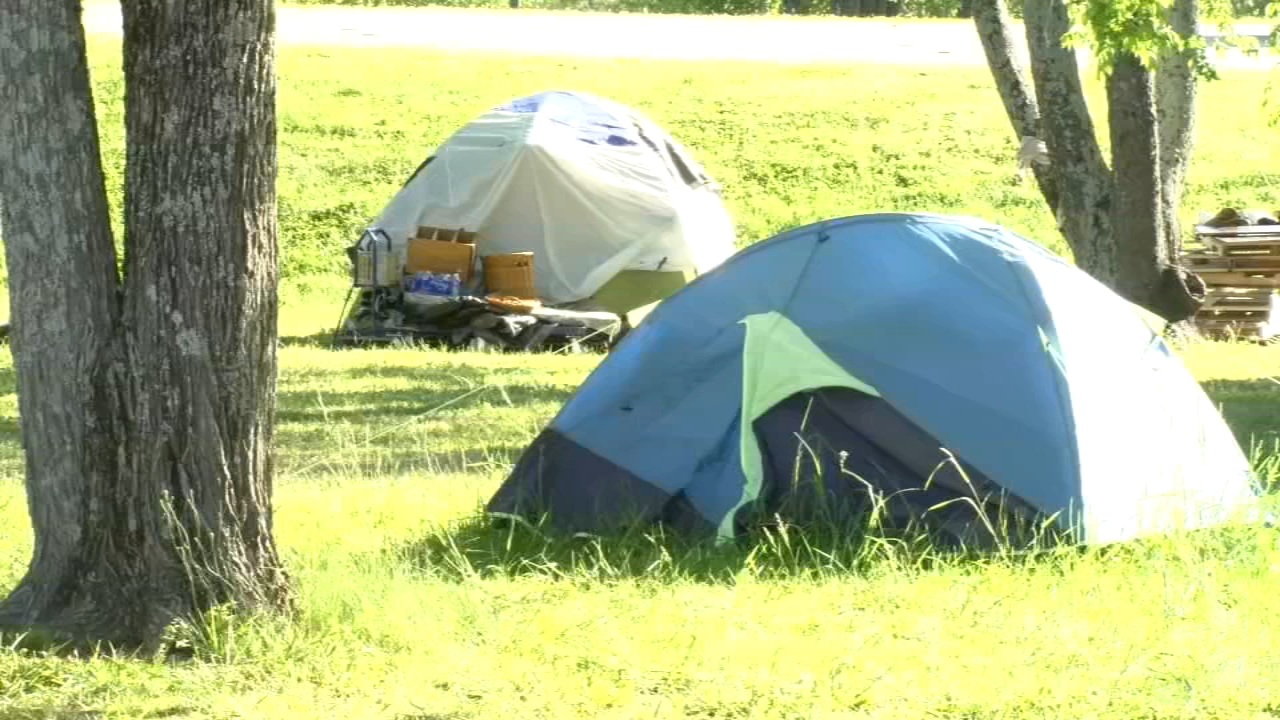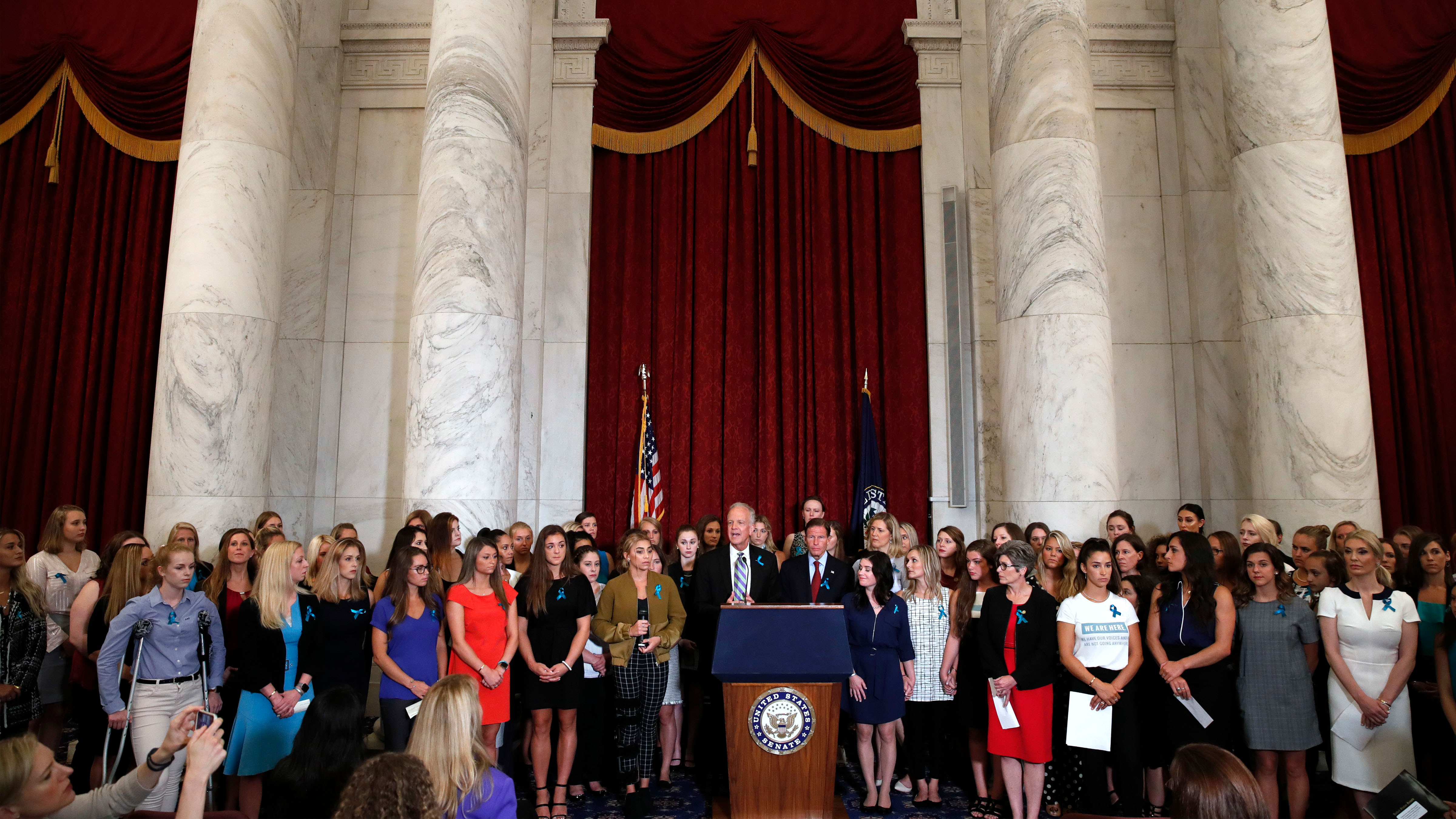North Carolina pharmacies, hospitals prepare to receive and distribute COVID-19 vaccine


RALEIGH (WTVD) -- This might be the best gift this holiday season.
Hospitals in North Carolina started to administer Pfizer's COVID19 vaccine to the first patients on Monday while county health departments and retail pharmacies moved forward with their own plans in anticipation of more deliveries.
It's just the start of a furious campaign to add the protection needed against the new coronavirus that might lead the country back to a sense of normalcy.
COVID-19 vaccine shipments arrive across NC; Charlotte doctor becomes first to get the shot
"We can scale up, scale down, be mobile, be in parks, be in drive-thrus. All options are on the table as long as it ensures access for our clientele and it makes sense clinically," Dr. Jason Wittes, Wake County Pharmacy Director, told ABC11. "We are anxiously awaiting our allocation and we are fully prepared to roll it out and follow our plan."
Indeed, vaccinating tens (hundreds?) of millions of Americans will need plans: storage, transportation, distribution and clinical. The federal government is regulating the quantity of doses to individual states and the timing of those allocations. From there, it's the state government which handles requests from the various stakeholders, including hospitals.
"We know COVID has raised the issues of health equity," Dr. Crystal Cene, UNC Exec. Director for Health Equity, said at a town hall with staff. "We want the people at the front of the line to be at the highest risk of acquiring the virus or spreading that. There may be some executives or leaders in that group because they are clinicians, so they will be prioritized in the order in which they fall. It's not their status as a leader that puts them in line."
As many as 53 hospitals will receive Pfizer vaccine doses this week, according to the NC Department of Health and Human Services. Those hospitals are equipped with special freezers which are needed to store Pfizer's vaccine.
The Moderna vaccine, which could get FDA emergency authorization later this week, is expected to provide agencies more flexibility.
Communities of color skeptical about COVID-19 vaccine, citing complex history
"We have have temperature monitors and backups, fridges on alarm systems, then we have redundancy plans, including back up freezers," Dr. Wittes said of Wake County's efforts. "We just want it to be available to all people who fall into the phases as it progresses and when your phase is up we want to create the least amount of barriers as possible for you to get your vaccine."
For a better experience on the App, click here to see the experience on its own page
Like hospitals, counties employ several first responders, including police, fire, EMS, and health clinicians who have been instrumental in COVID-19 testing.
"If our testing and vaccination team are not protected themselves then they are putting themselves in increased danger every day they go out to test people if they are COVID positive."





As more vaccine doses become available, the allotments to states will be more fruitful. The government will also be able to send shipments to retailers like Walgreens and CVS, which plan to help vaccinate patients at assisted living facilities.
"You need to make sure when you're taking out those doses, you have enough people to give it to in the time allotted that you need to use it," Dr. Michelle Ries, from the NC Institute of Medicine, said to ABC11. "The vaccine is coming, and the vaccine will be incredibly helpful, but we still need to maintain social distancing, wear masks, prioritize errands and avoid indoor gatherings and they'll be important for a long time."








